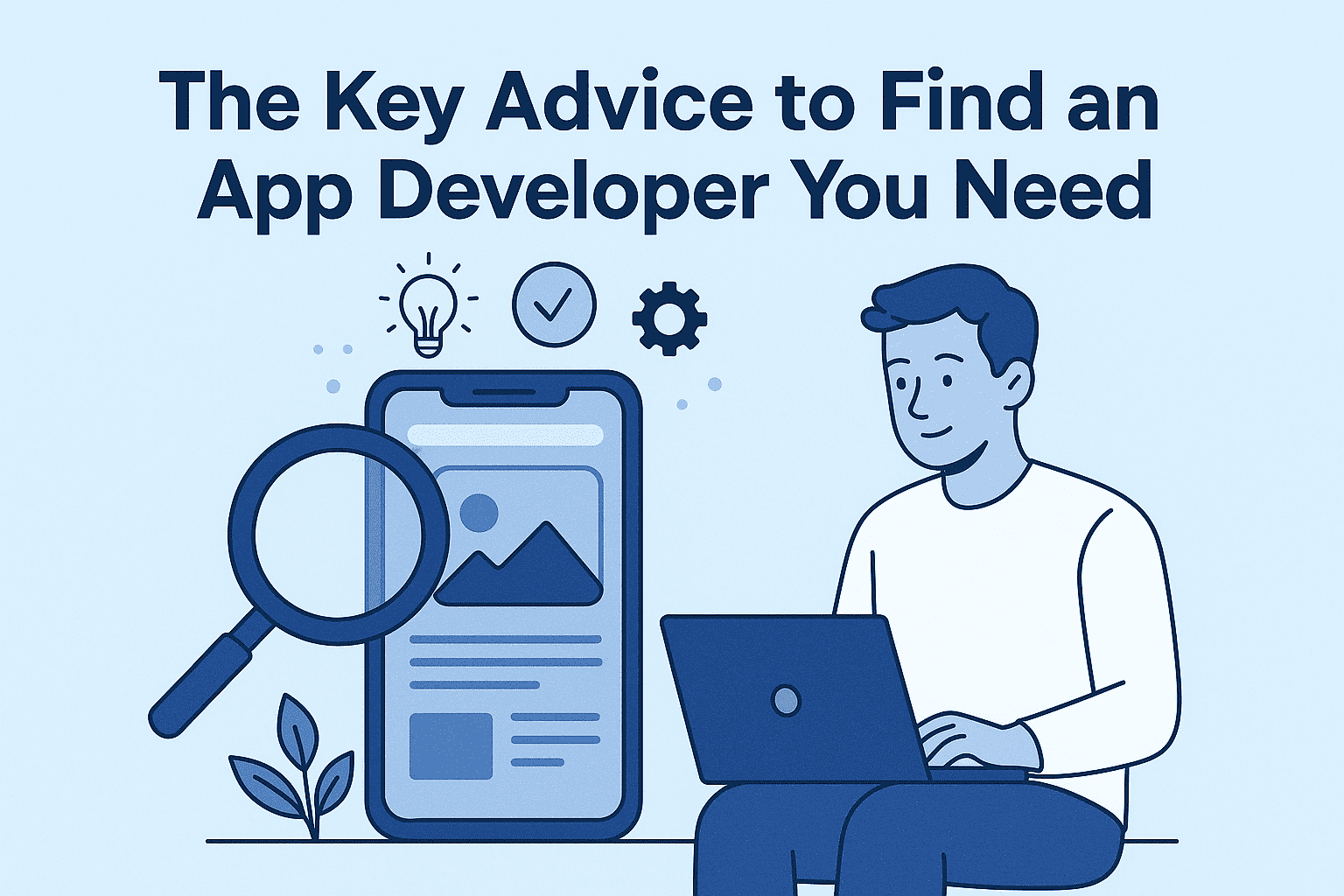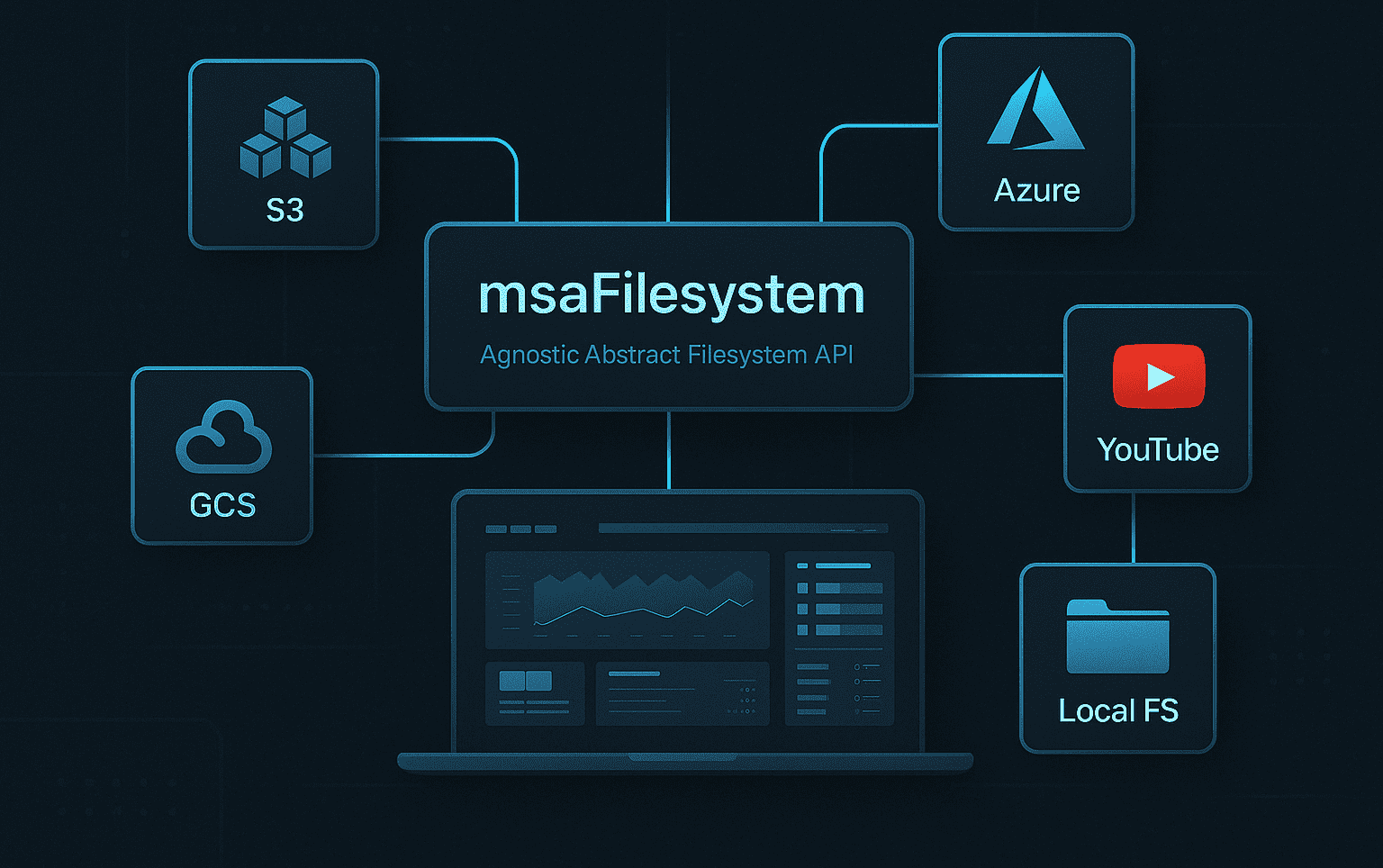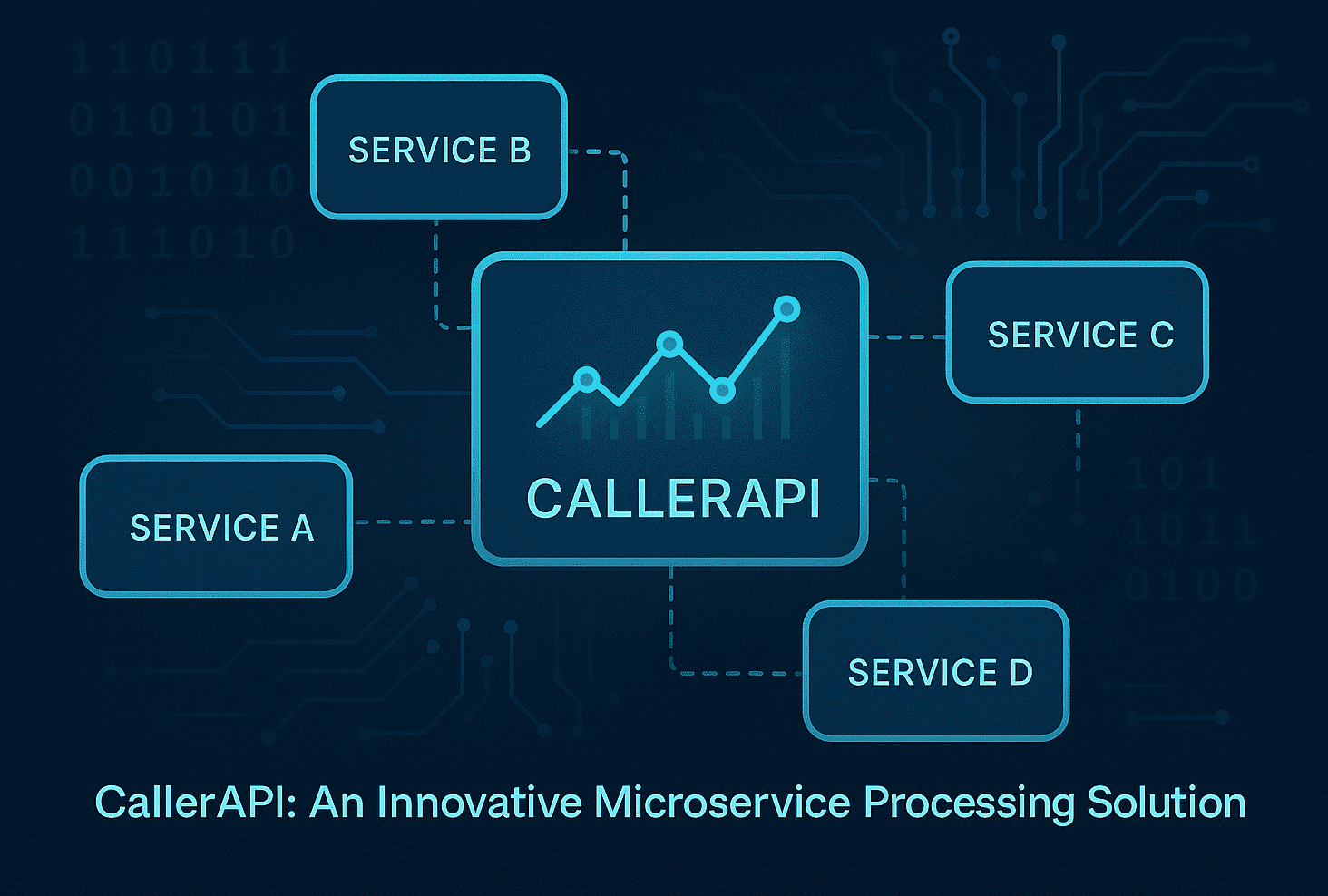AI is transforming customer service, making interactions faster, smarter, and more personalized. Businesses of all sizes are adopting AI tools to enhance their customer experience, streamline operations, and boost satisfaction. Let’s explore some of the best AI-powered tools available today, their key features, and examples of how they’re making a difference.
1. Chatbots and Virtual Assistants
Chatbots and virtual assistants are at the forefront of AI-powered customer service. Tools like ChatGPT by OpenAI excel at handling detailed customer queries. For example, during a recent product launch, one company used ChatGPT to manage 70% of their FAQs, allowing human agents to focus on more complex issues. This approach saved hours of work and ensured customers received quick responses.
Another popular option is Zendesk AI, which integrates seamlessly into existing support systems. It can suggest real-time responses to agents, helping reduce average response times significantly. One business reported cutting response times by half, resulting in higher customer satisfaction scores.
For businesses operating across multiple platforms, LivePerson is a strong choice. It supports communication on platforms like WhatsApp and Facebook Messenger. An e-commerce company using LivePerson saw a 30% boost in customer engagement within a month.
2. AI-Driven Analytics for Customer Insights
AI analytics tools provide valuable insights into customer behavior and preferences. Salesforce Einstein, for instance, uses predictive analytics to identify customers likely to churn. By targeting these users with specific campaigns, businesses can retain up to 20% more accounts.
Similarly, HubSpot AI helps prioritize leads effectively. Its intuitive interface makes it a favorite among marketing teams. For businesses needing detailed reporting, Zoho Analytics is an excellent choice. It enables the creation of custom dashboards and reports, highlighting trends and patterns that might otherwise go unnoticed.
3. AI-Powered Call Centers
AI is also making waves in call centers. Tools like Five9 offer real-time sentiment analysis, helping agents address customer emotions effectively. This feature has proven especially useful in sensitive situations, allowing teams to defuse tension and build trust.
NICE CXone focuses on workflow optimization, reducing call handling times by 15% for busy support teams. Meanwhile, Talkdesk AI automates tasks like transcription and call summaries, cutting administrative workloads by 30%.
4. AI-Powered Knowledge Bases
Self-service options are becoming increasingly popular, and tools like Freshdesk AI excel in this area. By suggesting relevant articles based on customer queries, Freshdesk AI has helped businesses reduce ticket volumes by 40%, empowering customers to find answers on their own.
For internal use, platforms like Confluence with AI add-ons are invaluable. They simplify the process of maintaining up-to-date knowledge bases, which is especially beneficial for onboarding new team members and ensuring consistent information across departments.
5. Sentiment Analysis and Feedback Tools
Understanding customer sentiment is critical for improving service. Tools like Medallia provide real-time sentiment analysis, flagging potential issues before they escalate. For example, during an app launch, Medallia identified recurring complaints early, enabling the team to make quick adjustments.
Qualtrics XM is another excellent option for gathering feedback. Its post-purchase surveys offer actionable insights, helping businesses optimize processes and enhance customer experiences.
Wrapping Up
Thanks to AI tools, businesses can not only simplify their operations but also turn every customer interaction into something special. Artificial intelligence helps understand emotions, respond faster, and even predict what a customer needs before they ask. It’s not just about efficiency — it’s about creating an experience that customers will remember and want to come back to.























